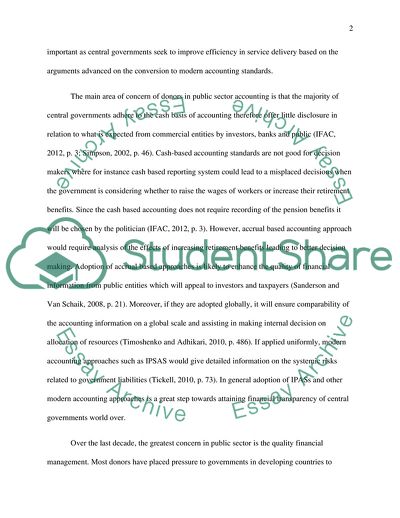Cite this document
(Application of Modern Accounting Standards to Enhance Efficiency in Essay, n.d.)
Application of Modern Accounting Standards to Enhance Efficiency in Essay. https://studentshare.org/finance-accounting/1771791-public-sector-accounting-and-finance
Application of Modern Accounting Standards to Enhance Efficiency in Essay. https://studentshare.org/finance-accounting/1771791-public-sector-accounting-and-finance
(Application of Modern Accounting Standards to Enhance Efficiency in Essay)
Application of Modern Accounting Standards to Enhance Efficiency in Essay. https://studentshare.org/finance-accounting/1771791-public-sector-accounting-and-finance.
Application of Modern Accounting Standards to Enhance Efficiency in Essay. https://studentshare.org/finance-accounting/1771791-public-sector-accounting-and-finance.
“Application of Modern Accounting Standards to Enhance Efficiency in Essay”. https://studentshare.org/finance-accounting/1771791-public-sector-accounting-and-finance.


